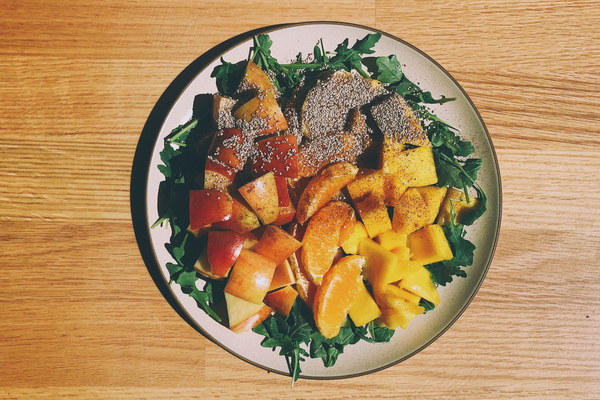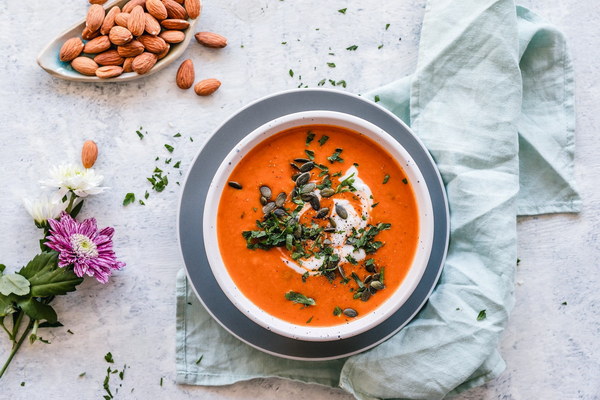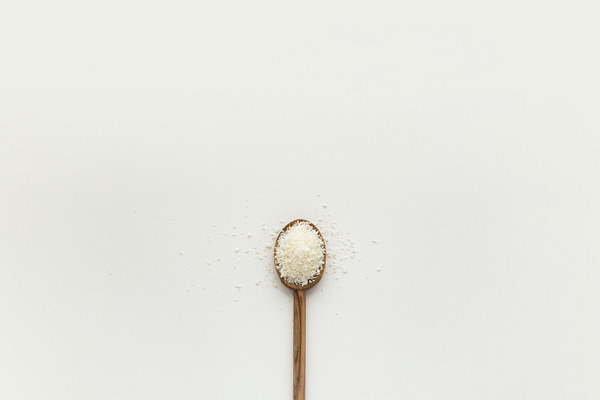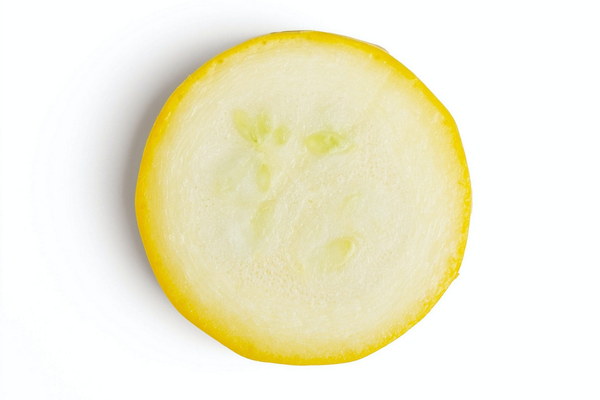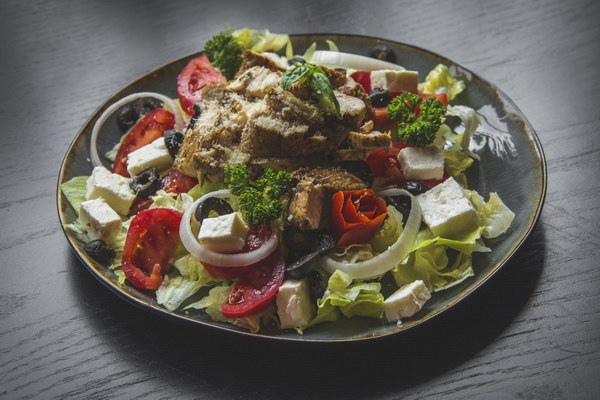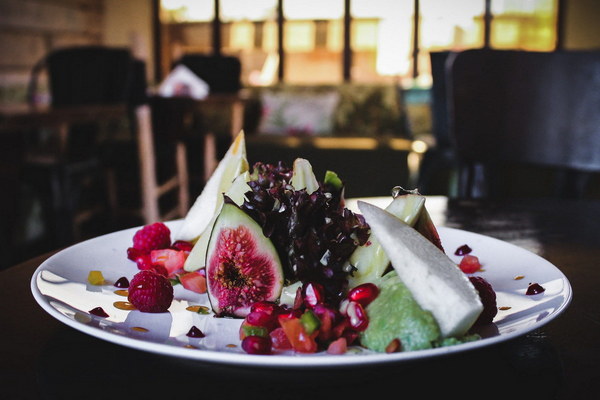Balancing Your Diet Traditional Chinese Medicines Summer and Winter Nutrition Wisdom
In the realm of traditional Chinese medicine (TCM), the concept of balancing the body's yin and yang is fundamental to maintaining health and vitality throughout the year. One of the most profound ways to achieve this balance is through diet, particularly during the contrasting seasons of summer and winter. This article delves into TCM's wisdom on how to adjust your diet to align with the natural energy fluctuations of these seasons.
Summer Nutrition: Cooling and Nourishing the Body
Summer, in TCM, is associated with the element of fire and the liver and heart organs. The heat of the season can lead to an imbalance, often resulting in symptoms such as irritability, insomnia, and an overactive heart. To counteract these effects, TCM emphasizes the importance of a cooling and nourishing diet.
Cooling Foods:
- Vegetables: Leafy greens like spinach, lettuce, and bok choy are excellent choices. They help to cool the body and are rich in nutrients that support liver function.
- Fruits: Watermelon, cucumber, and cantaloupe are hydrating and cooling, making them perfect for summer.
- Grains: Oats and barley are cooling grains that can be consumed in soups or porridge.
Herbs and Spices:
- Chrysanthemum tea: Known for its cooling properties, this herb is often used to reduce heat and improve vision.
- Ginger: While it is warming, ginger can be used in moderation to help digest heavy foods and aid in cooling down the body.
Hydration:
Staying hydrated is crucial in the summer. Green tea and herbal teas are great options as they are both hydrating and cooling.
Winter Nutrition: Warming and Energizing the Body
Winter, on the other hand, is associated with the element of water and the kidneys and bladder organs. The cold temperatures can lead to a lack of energy, poor circulation, and a weakened immune system. TCM suggests a diet that is warming and energizing to counteract these effects.
Warming Foods:
- Meats: Chicken, turkey, and lean beef are good sources of protein and can help warm the body.
- Vegetables: Root vegetables like carrots, beets, and turnips are grounding and warming.
- Fruits: Citrus fruits are great for winter as they are both warming and energizing.

Herbs and Spices:
- Cinnamon: This spice is known for its warming properties and can be added to teas or used in cooking.
- Ginseng: This herb is considered a superfood in TCM and is known for its energy-boosting effects.
Healthy Fats:
Healthy fats, such as those found in nuts, seeds, and avocados, are important during the winter to help maintain healthy cell membranes and support the immune system.
Balancing Your Diet with Seasonal Changes
It is important to remember that the transition from summer to winter and vice versa is gradual. Adjusting your diet accordingly should be done in a similar manner. Gradually incorporating warming foods during the transition into winter and cooling foods during the transition into summer can help your body adjust more smoothly.
Conclusion
Traditional Chinese medicine offers valuable insights into how to maintain a balanced diet throughout the year. By understanding the natural energy fluctuations of summer and winter and adjusting your diet accordingly, you can support your body's yin and yang, leading to improved health and well-being. So, the next time you sit down for a meal, consider the season and how you can incorporate the wisdom of TCM into your diet.

